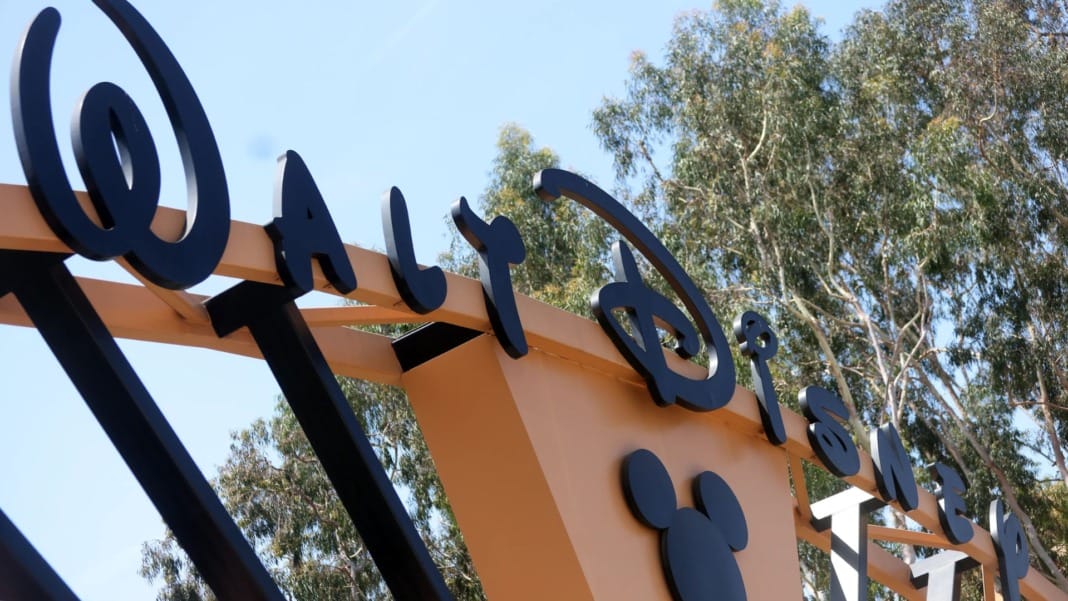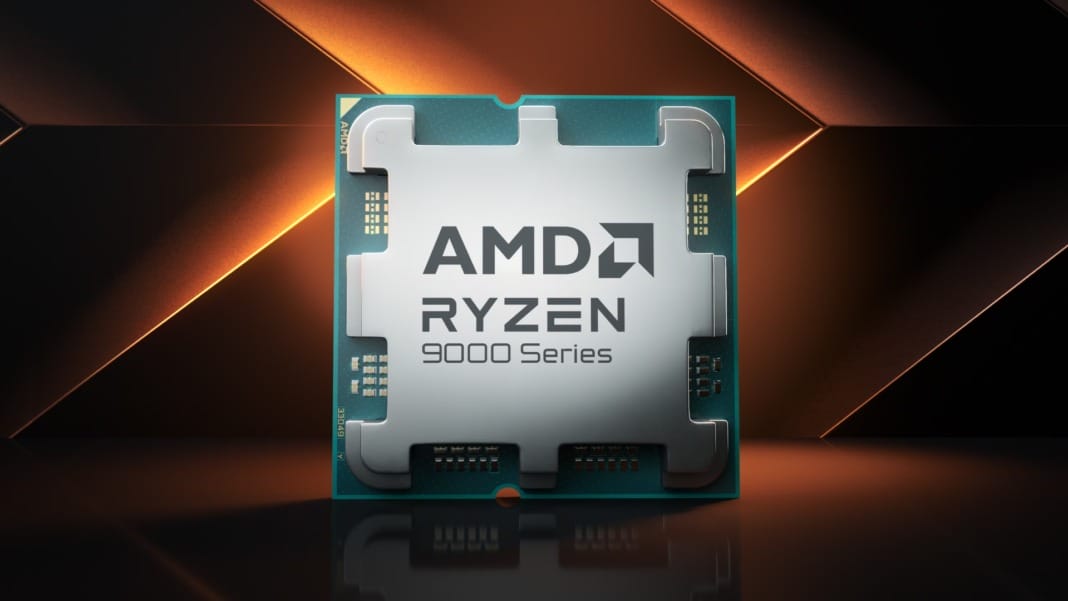Artificial intelligence (AI) is pushing the demand for data centres to new heights, with a growing need to process vast data quantities at incredible speeds. As tech giants rapidly expand their infrastructures to handle these intensive AI workloads, they are confronted with the increasing challenge of how to power and cool their operations sustainably. Companies like Oracle and Microsoft are considering nuclear energy to meet these needs.
However, another critical issue can’t be ignored: the intense heat generated by powerful AI hardware. Liquid cooling enters the scene, offering a promising solution to keep systems running smoothly while managing rising energy demands. In October 2024, several major tech companies unveiled their latest liquid cooling solutions, signifying a notable industry shift toward this cooling technology.
Major firms embrace liquid-cooled superclusters
At Lenovo’s recent Tech World event, the company showcased the sixth generation of its Neptune liquid cooling solution. Neptune utilises an open-loop, direct warm-water cooling system, which Lenovo has already begun deploying across its partner network. This advanced cooling method allows businesses to build and operate AI-powered systems with significantly reduced energy consumption. Lenovo claims that Neptune can cut data centre power usage by up to 40%, making it a highly efficient choice for organisations seeking to manage large-scale AI applications sustainably.
Meanwhile, at the OCP Global Summit 2024, Giga Computing, a subsidiary of Gigabyte, introduced a direct liquid cooling (DLC) server designed explicitly for Nvidia HGX H200 systems. Giga unveiled the G593-SD1 alongside this DLC server, featuring a specialised air-cooling chamber for the Nvidia H200 Tensor Core GPU. This alternative is aimed at data centres that may still need to prepare to transition to liquid cooling fully but still need enhanced heat management for their AI hardware.
Dell has also joined the liquid cooling race with its new Integrated Rack 7000 (IR7000), a scalable system designed to support future deployments of up to 480KW. The IR7000 captures nearly 100% of generated heat, allowing data centres to maintain high performance even with rising heat output. Arthur Lewis, president of Dell’s Infrastructure Solutions Group, commented, “Today’s data centres can’t keep up with the demands of AI, requiring high-density compute and liquid cooling innovations with modular, flexible, and efficient designs. These new systems deliver the performance needed for organisations to remain competitive in the fast-evolving AI landscape.”
Supermicro advances AI cooling solutions
Supermicro has also launched its line of liquid-cooled SuperClusters, powered by the Nvidia Blackwell platform, designed for AI workloads. These systems, featuring the Nvidia GB200 NVL72 platform for exascale computing, have already been distributed to select customers, with full-scale production expected by the end of Q4 2024. Charles Liang, president and CEO of Supermicro, stated, “We’re driving the future of sustainable AI computing, and our liquid-cooled AI solutions are rapidly being adopted by some of the most ambitious AI infrastructure projects in the world, with over 2,000 liquid-cooled racks shipped since June 2024.”
Supermicro’s SuperClusters integrate advanced in-rack or in-row coolant distribution units (CDUs) and customised cold plates, optimised to house two Nvidia GB200 Grace Blackwell Superchips in a 1U form factor. These innovations enhance cooling efficiency while maintaining high-density performance, making them well-suited to the demanding needs of AI-driven data centres.
Liquid cooling: the future of AI infrastructure
With AI applications continuing to grow, liquid cooling appears poised to become a core component of data centre operations. As workloads intensify, this technology will be essential for managing the heat and energy demands of next-generation AI computing. From efficiency to scalability and sustainability, liquid cooling solutions will likely drive profound changes in the data centre landscape in the coming years.





